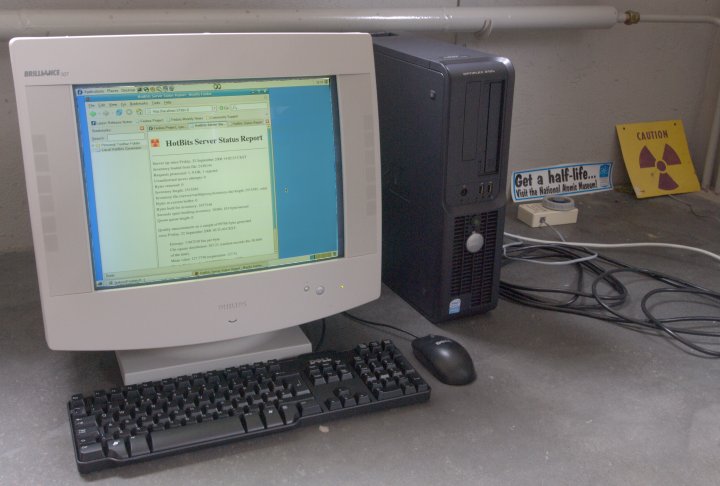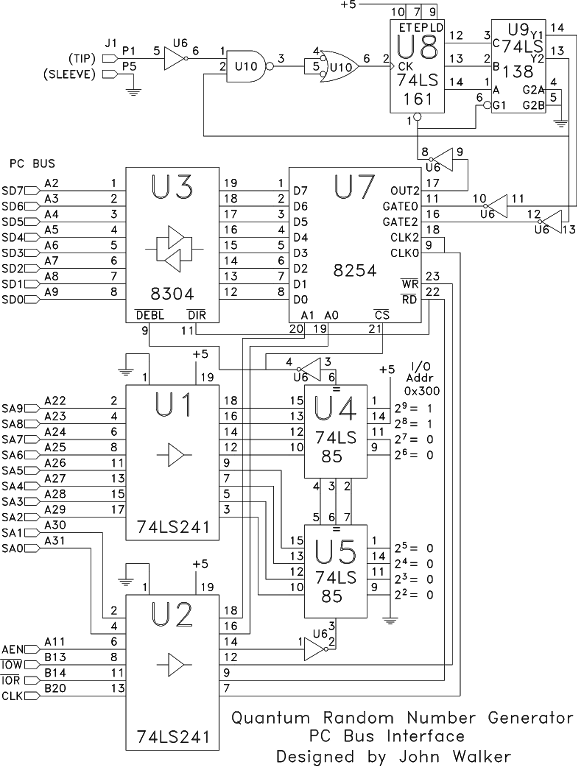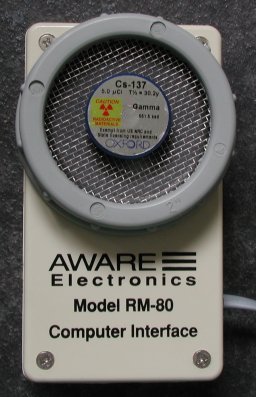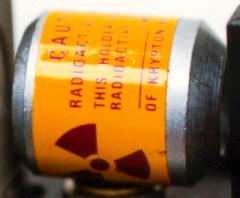Since May of 1996, Fourmilab has made true random numbers generated from radioactive decay events, “HotBits”, available for free on the Web to all who wanted them, subject only to a daily quota to avoid exhausting the limited capacity of the generator machines and, later, an API key to defend the site against the denial of service attacks any resource on the Web inevitably attracts.
Migration of the Fourmilab site to cloud hosting on Amazon Web Services has made it increasingly difficult to support HotBits, especially on the existing hardware, some of which is two decades old. Consequently, the existing radioactively-generated HotBits service will shut down at the end of 2022 (more precisely, at 00:00 UTC on 2023-01-01). If you have an existing HotBits API Key, you can continue to use it without any changes until that date.
Starting on 2022-07-18 and for the foreseeable future, including after retirement of the radioactive generator, HotBits API key holders may request data from a “secondary hardware random number” generator which uses the Intel CPU built-in RDSEED [PDF] instruction to generate random data. To use the secondary generator, use the same API key you have been using, but with the initial “H” replaced by an “R”. Other than the source of the random data, requests using the secondary generator work exactly like those using the radioactive generator. You can, of course, continue to use the pseudorandom generator by specifying an API key of “Pseudorandom”. Pseudorandom requests are not subject to any quota limitations. After the radioactive generators are retired, the pseudorandom generator will be seeded by the secondary hardware generator instead of the radioactive source.
I have no direct knowledge of the internal operation of the Intel RDSEED generator and do not certify its suitability for any purpose. Access to it is provided purely as a convenience for users of HotBits who wish an alternative when the radioactive generator shuts down. After the end of the radioactive HotBits service, the HotBits document collection will remain accessible on Fourmilab as an archive of the project and guide to those interested in setting up their own servers.
On 2022-08-01, a notice of the retirement of the radioactive generator will appear on the main HotBits page, the HotBits request form, and in all HotBits results produced from the radioactive generator with the exception of binary file downloads. These notices will link to a document explaining how to access the secondary generator.
Starting on 2022-09-01, new HotBits API keys will be issued only in the “RB1” form which request data from the secondary (RDSEED) generator.
As of 2023-01-01, requests for radioactively-generated HotBits with “HB1” API keys will be rejected with a notice of retirement of the generators and link to instructions for those who wish to switch to the secondary generator.
Timeline summary:
- 2022-07-18: HotBits server introduces secondary hardware generator, accepts “
RB1” form of all existing API keys to access secondary generator. - 2022-08-01: Notice of retirement of radioactive generator posted on HotBits main, request, and result pages.
- 2022-09-01: Issuance of new “
HB1” API keys ceases. Keys issued after that date work only with the secondary generator. - 2023-01-01: Radioactively-generated service discontinued, generators shut down. Subsequently, only secondary generator requests are accepted.



